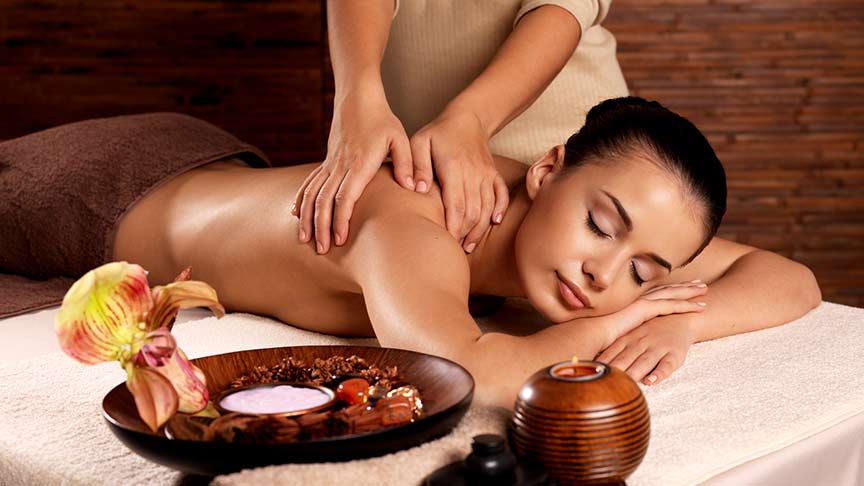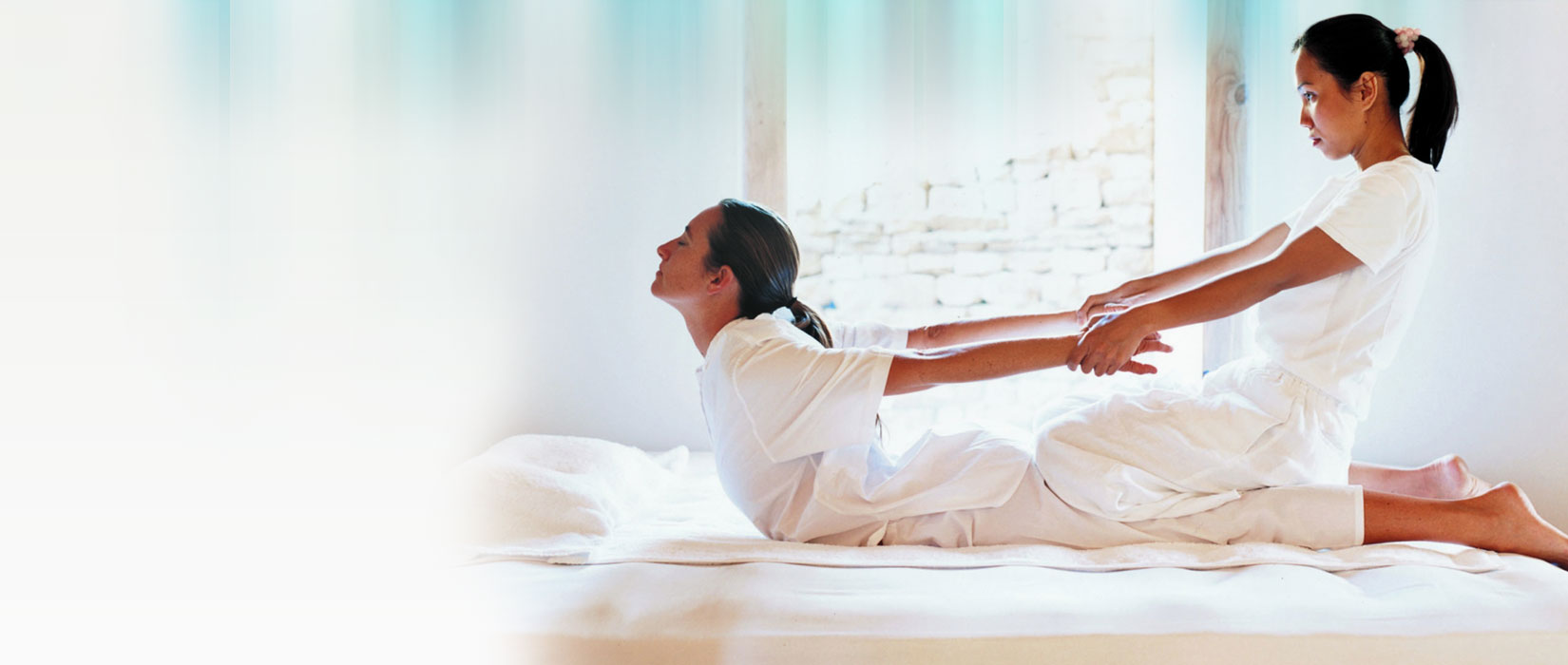Massage after Scuba Diving – is it safe?

The concern is that getting a massage could increase your risk of decompression sickness. As Divers Alert Network explains on its website: “During a dive, body tissues absorb nitrogen from the breathing gas in proportion to the surrounding pressure.

“We should note that massage has not been confidently associated with any of the cases of MDD that have come to us, and we are not aware of any studies to answer this question,” says Nick Bird, M.D., of Miscellaneous Alert Network. “The clearest advice is that deep tissue massage should probably be avoided, so that the potential for post-dive pain and diagnostic confusion is minimized.”
As Dr. Bird notes, and as far as I know, there is no research showing a cause and effect relationship between massage and decompression sickness. The slight possible exception might be the massage technique known as Rolfing – an aggressive deep tissue massage – or other similar assaults occurring under high N2 load. Anything resembling a usual soothing massage during a dive trip seems extremely unlikely to play a direct role in an MDD event. However, it could indirectly play a role in that lying down or becoming sedentary shortly after diving impairs circulation in the tissues and therefore the elimination of inert gases.
In the event that there is a significant residual nitrogen load (e.g. multiple dives over multiple days, deco dives) and the diver experiences very vigorous musculoskeletal manipulation near the last dive, this could theoretically contribute to MDD thanks to the formation of microbubbles. These microbubbles serve as the seed or nucleus for bubble formation and expansion. However, this remains entirely conjectural.
Far more concerning than massage for the risk of MDD is taking a nap or placing a heavy load on the knee or hip joints (e.g., climbing ladders on the boat with weights or a bottle Diving).
Note: This is educational only and does not constitute or imply a doctor-patient relationship. This is not medical advice to you or any other person, and should not be construed as such.
DocVikingo has been certified for over 35 years and has dived all over the world. He practices medicine in the Baltimore/Washington, D.C. area and has held faculty positions at several major hospitals, including Johns Hopkins. With an interest in diving medicine, he is an administrator at Scuba Clinic Online.
Source: sportdiver.com
Our Other Articles
Ready for Your Next Dive?
Join us for an unforgettable diving experience in Rawai Phuket.
Book your adventure today and explore the underwater world like never before!
